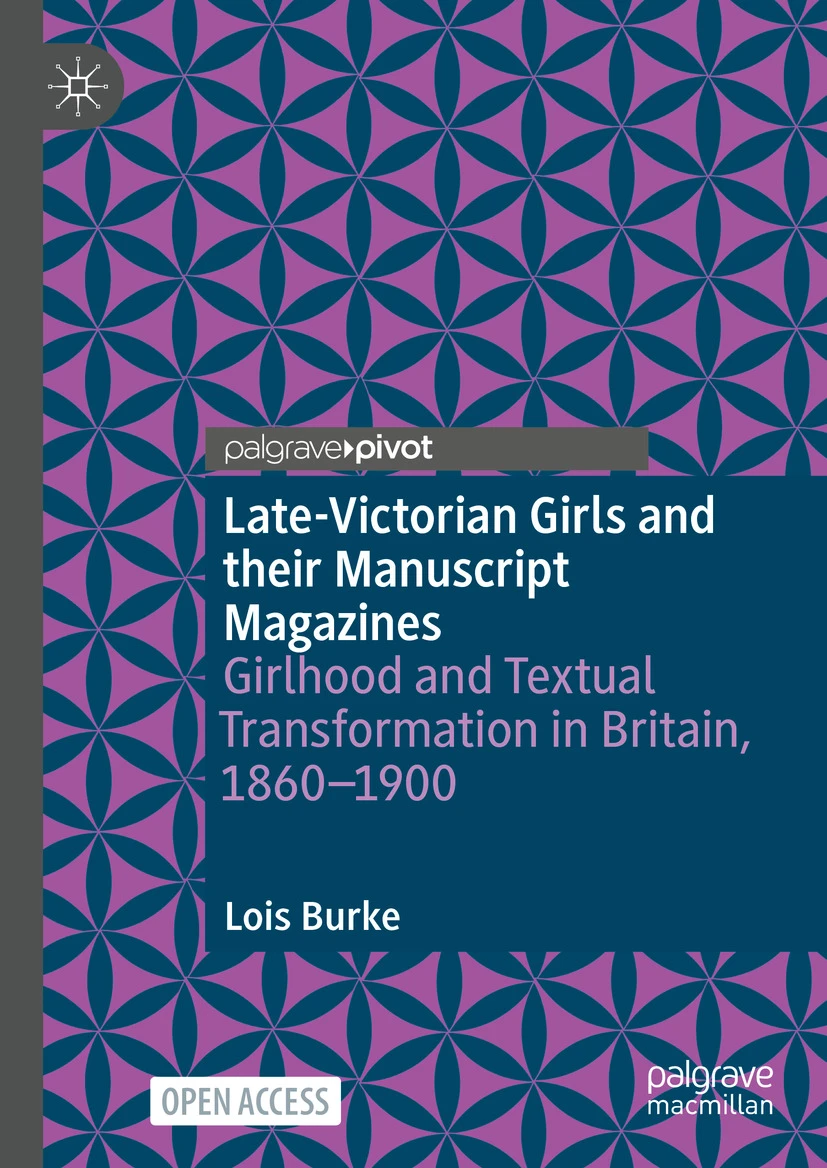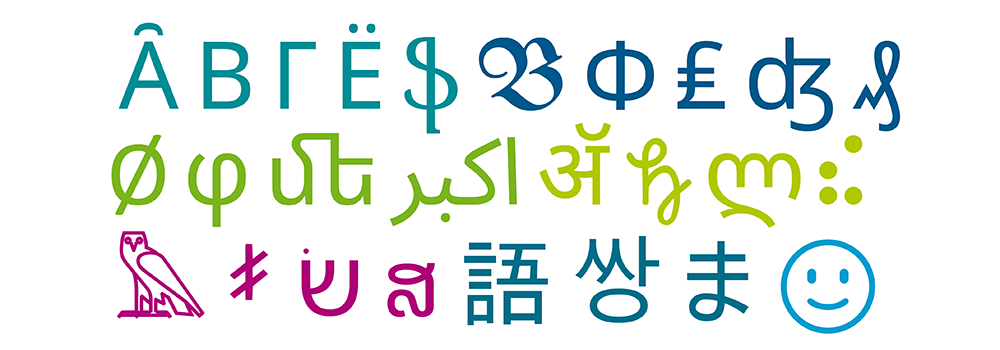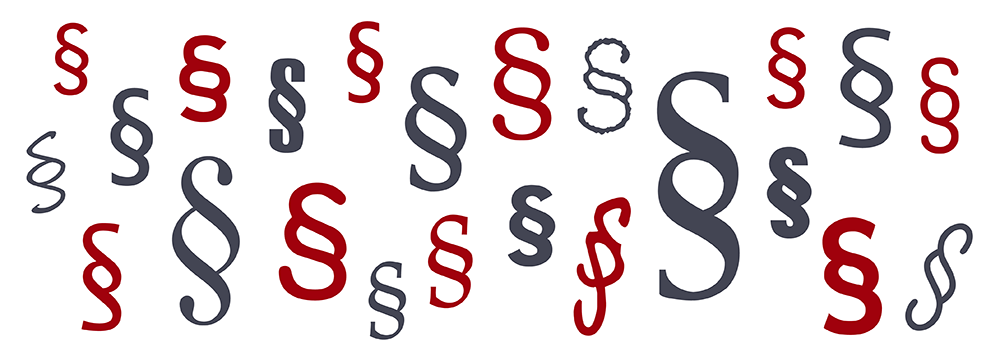In der letzten Zeit sind u.a. diese frei verfügbaren Titel erschienen:
Late-Victorian Girls and their Manuscript Magazines: Girlhood and Textual Transformation in Britain, 1860-1900

Lois Burke
https://doi.org/10.1007/978-3-031-86524-4
This open access book presents fresh archival evidence to explore the underexamined manuscript cultures of girls living in Britain in the late nineteenth century. Girls were keen writers during this period, which witnessed Golden Ages of children’s literature and journalism, as well as major developments in proto feminism. Girl writers were particularly prolific in the writing of manuscript magazines. These were handmade magazines in which the contributors were also the readers and subscribers. This book presents three case study chapters exploring manuscript magazines which were created and exchanged amongst girl-led writing groups and within families, and references many other examples of manuscript magazine cultures from the late-Victorian period. It argues that strategies of transformative writing—namely appropriating literary texts—often characterized girls‘ contributions to manuscript magazines.
Literary Heritage: Lessons from the Coronavirus Pandemic

David Rudrum & Helen Williams
https://doi.org/10.4324/9781003593157
Literary Heritage examines the literary heritage sector in the post-pandemic moment. The book argues that this is a unique time for literary heritage management and demonstrates that the key to understanding it is an analysis of the transformations that took place because of the Covid-19 pandemic.
Through an analysis of literary heritage sites across the UK’s four nations, this study provides an overview of practice from sites managed by national organisations as well as independent museums. Presenting a quantitative and qualitative overview of the challenges faced by the sector in the wake of the pandemic, Rudrum and Williams explore the innovations literary heritage organisations initiated in response. The book displays the wealth of ingenuity that was on display during this trying moment for the sector. It also looks forward to the new normal in the industry: a move towards the outdoors, increased use of online engagement, and creative arts and community programming that brings the literary past to the political present. Featuring interviews with 16 heritage practitioners, the book shares examples of best practice in the hope that lessons will be learned from the enforced closures prompted by the pandemic.
Literary Heritage will be of great interest to academics and students working in Heritage Studies, Museum Studies, and English Literature. It will also appeal to a broad readership of cultural heritage professionals.
Reading Postcolonial Literature: From Professional to Non-Professional Practices

Hayley G. Toth
https://liverpooluniversitypress.co.uk/doi/book/10.3828/9781836243137
Debates about reading in postcolonial studies rarely discuss non-professional readers, except to secure the authority of professional reading practices. In Reading Postcolonial Literature, Hayley G. Toth places non-professional reading practices in dialogue with received academic wisdom to debunk common-sense assumptions about non-professional readers as ‘Western’ or ‘neocolonial’ consumers. Drawing on reading practices recorded in academic books, journal articles and on online book-reviewing platforms like Amazon and Goodreads, Toth draws attention to important continuities between professional and non-professional practices of reading postcolonial literature. At the same time, she highlights that non-professionals often have little desire to emulate the practices of professional postcolonial critics. Precisely by not adopting the established protocols and methods of postcolonial studies, non-professional readers call attention to the limits of dominant approaches to reading in the discipline.
Across four chapters, Toth examines the relationship between reading and identity during the Rushdie affair, the difference between reading and address, the challenges posed by difficult texts and the legitimacy of non-understanding, and the reception of popular texts primarily read by non-professional audiences. Reading Postcolonial Literature demonstrates that reception matters in any claims we make about the value of reading postcolonial literature, and offers new ways forward for the practice, study and teaching of reading in the discipline.



Schreibe einen Kommentar